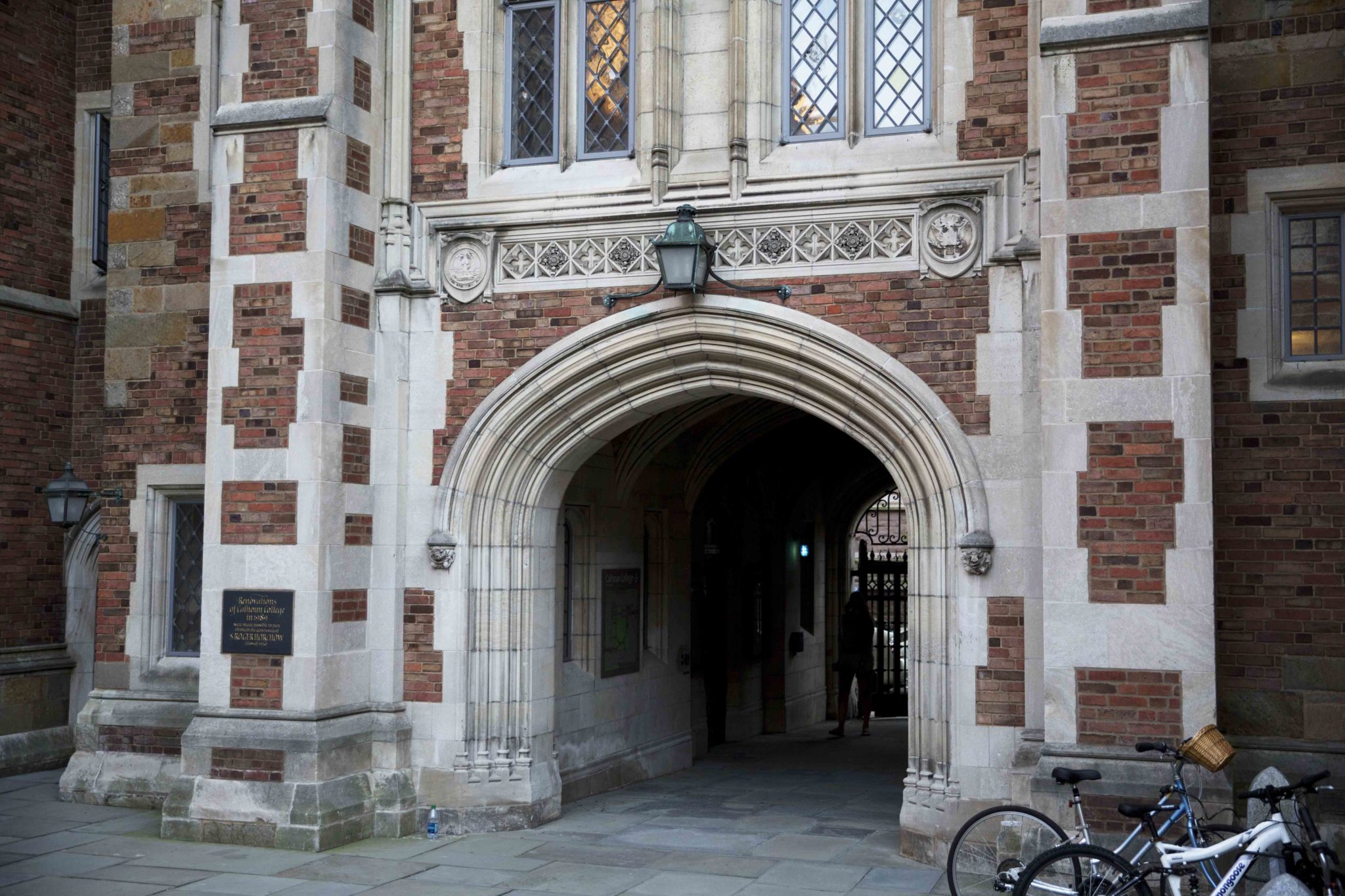
A University task force has recommended that Calhoun College be renamed, according to Yale officials with knowledge of the group’s report.
The recommendation from the task force, which was charged with applying the University’s newly created principles on renaming to the Calhoun debate, positions the Yale Corporation to rename the college when it meets the weekend of Feb. 10 and 11.
University President Peter Salovey formed the Calhoun task force in December, after the Committee to Establish Principles on Renaming released its report. The task force consisted of two faculty members, history professor John Gaddis and English and African American Studies professor Jacqueline Goldsby GRD ’98, and one alumnus, G. Leonard Baker ’64. Both Gaddis and Goldsby signed a faculty petition last spring calling for the renaming of Calhoun, named after slavery proponent John C. Calhoun, class of 1804.
On Jan. 13, the task force submitted its recommendation — which came in the form of a report running less than 10 pages — to Salovey, who will present it to the Corporation at the February meeting.
Last month, Salovey told the News that he did not plan to release the recommendation until after that meeting. Salovey was not involved in the task force’s deliberations, although he did have some input on the final draft of the report.
“The task force did their work independently, and their analysis and recommendations are their own,” Salovey said in January. “They gave me the courtesy of letting me see a next-to-final draft of their report, and make some comments. But my comments to them were really only about sort of clarifying the way their findings were expressed.”
If the Corporation accepts the task force’s recommendation, the University trustees would be voting to reverse their decision last April to keep Calhoun’s name. The April renaming decision incited months of student and faculty backlash, and helped unite Yale activists and New Haven community members in a growing “change the name” movement.
Last August, primarily in response to faculty criticism of the decision to keep the name of Calhoun, Salovey charged the CEPR with outlining broad guidelines for all renaming disputes at the University, starting with Calhoun. The committee released its 24-page report on Dec. 2, calling on administrators to consider historical context as they determine whether the legacies of controversial namesakes like Calhoun justify renaming campus buildings.
Vice President for Communications Eileen O’Connor declined to comment on the nature of the task force’s recommendation, but said the Corporation will decide the Calhoun issue at its meeting later this month.
“We have a process, we’re following the process, and we’ll take all the information into account when we make a decision in the best interests of the University,” O’Connor said.
Salovey did not respond to multiple requests for comment on Thursday night.
According to a News survey distributed in January, nearly 65 percent of undergraduates would like to see Calhoun renamed — an uptick from last April, when just over 50 percent of undergraduates supported a name change. But respondents were evenly split over what they expect the University to decide: According to the survey, 36 percent expect the Corporation to change Calhoun, 38 percent expect the name to remain and 26 percent are unsure.
The University named Calhoun in 1933.







